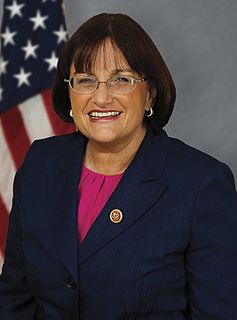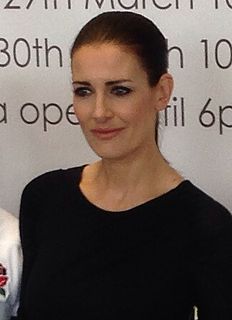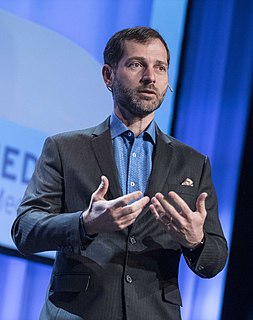A Quote by Toomas Hendrik Ilves
That was something that shaped my thinking regarding Estonia: the idea that we should be getting our young people to work with computers.
Related Quotes
As the president of Estonia, I represent the only truly digital society which actually has a state; almost all our citizens' interactions with the government, including voting, can be done securely online, and our 'e-residents' can incorporate and run their businesses in Estonia without ever having to set foot here.
The idea of having more technology solving this idea of hyperactive lifestyle is not really the mainstream problem. I think the real innovation that’s going to be rewarded will be on things like, let’s convert our computers from being tools to being companions. Let’s convert our computers from being utilitarian to being enlightening. These are human needs.
Everything is being run by computers. Everything is reliant on these computers working. We have become very reliant on Internet, on basic things like electricity, obviously, on computers working. And this really is something which creates completely new problems for us. We must have some way of continuing to work even if computers fail.
As a young boy growing up in Rohtak, India, I had no idea what my life's work would be. But my parents instilled in me something that I have never forgotten: that work must have a sense of purpose beyond mere financial gain; that to be meaningful, work should make a positive and lasting difference in the lives of others.
And we should forget, day by day, what we have done; this is true non-attachment. And we should do something new. To do something new, of course we must know our past, and this is alright. But we should not keep holding onto anything we have done; we should only reflect on it. And we must have some idea of what we should do in the future. But the future is the future, the past is the past; now we should work on something new.

































